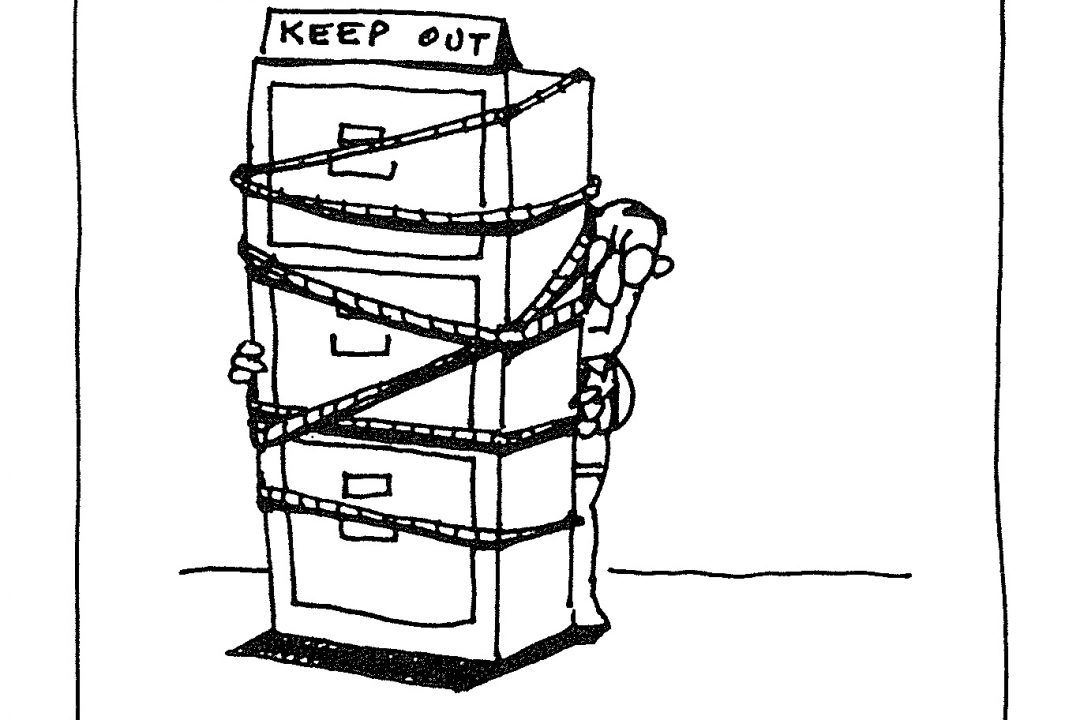
Freedom
of information (FOI) laws aim to provide a public right of access to
information held by government.
Over
the years, PIAC’s use of freedom of information laws has demonstrated that FOI
in Australia favours an individual’s rights to personal information. Applications
for information relating to political or policy decisions
are more likely to be denied.
PIAC
has advocated for legislative reform to achieve a greater level of transparency
in government decision-making and to improve the community’s access to political
information.
The passage of the Freedom of Information Act (FOI) by the Federal Parliament in 1982 promised a
new dawn in government accountability. FOI was one element of an ‘open-government’ package which included an
Ombudsman, the Administrative Appeals Tribunal and legislation requiring
decision-makers to give reasons for their decisions and for judicial review of
decisions by the Federal Court.
PIAC has been closely involved with FOI on three separate
fronts: public education, running test cases, and in law reform.
Two significant PIAC FOI projects concerned Stolen Wages and Military
Accountability.
PIAC’s Stolen Wages work in 2003 assisted Indigenous clients
to claim withheld wages and entitlements. PIAC requested relevant documents
from the Department of Community Services under the Freedom of Information Act
1989, now replaced by the Government
Information (Public Access) Act.
PIAC’s FOI applications in relation to Australian
involvement in the conflicts in Afghanistan and Iraq eventually led to some
important discoveries.
In 2005, PIAC requested the Department of Defence to release
relevant documents about Australia’s involvement in the Middle East conflict.
PIAC was advised that we could have only 21 of the 222 the documents requested.
After protracted negotiation, the Department finally agreed to release 160
documents, 139 more than what had been originally decided.
Through this FOI
application, PIAC discovered the Australian Government had deliberately tried
to avoid its obligations under international law in relation to detainees caught by the Australian
Defence Force in Afghanistan and Iraq. Australia’s detainee policy had disastrous consequences.
Obtaining these Defence
documents was a significant step forward for freedom of information and the
public interest.
FOI and public education
PIAC, in conjunction with the Ethnic Affairs Council and the
Australian Consumers Association, organised the first large seminar on the new
FOI legislation in February 1984.
Over the following years, PIAC staff have given many talks to a wide
range of groups who could use FOI, including welfare workers, public
administrators, anti-nuclear groups, conservationists and law students. PIAC
staff have also given conference papers critically reviewing the operation of
the Act and suggesting directions for reform.
A significant contribution to public education was Kate
Harrison’s book, Documents, Dossiers and the Inside Dope, published jointly with the Australian Consumers
Association. The book is a guide
for community groups and individuals explaining how to use FOI
legislation. It was launched in
1984 by the then Attorney-General, Senator Gareth Evans, who was fulsome in his
praise.
Legal assistance to FOI users
Since FOI was introduced, users and bureaucrats have become
more realistic in framing and administering requests.
In 1983, the Department
of Communications spent 300 hours dealing with a broadly drafted request by
PIAC for access to documents on cable TV, while a request directed to the
Department of Social Security for documents relating to the Greek conspiracy
case resulted in the delivery of 10 boxes!
Both sides have learnt to spend more time negotiating over precisely what is
wanted and what can be released.
Not all PIAC’s FOI litigation has been successful. A PIAC
test case, Waterford v Department of the Treasury, focussed on the issue of whether FOI extends to documents claimed to
be covered by legal professional privilege.
Jack Waterford, a journalist,
sought access to unemployment projections made in the 1982-83 budget, which
many commentators suggested were ‘rubbery’. Access was refused and Waterford appealed to the
Administrative Appeals Tribunal. At the same time, he sought access to the
correspondence between the Treasury and the Attorney-General’s Department
concerning the refusal of his application. This too was refused on the basis
that the letters were privileged communications between a client and its
lawyer. Mr Waterford appealed this refusal. Both the AAT and the Federal Court
dismissed his appeal and he then went to the High Court.
PIAC represented Mr Waterford and argued before the High
Court that legal professional privilege should not be applied to government
lawyers, or at least not given the same ambit as in private lawyer-client
relations.
If given its full operation, legal professional privilege would
severely undercut FOI and result in few documents being released to the public.
PIAC also argued that there are powerful public policy reasons for not
affording the government the cloak of legal privilege. In legal suits against
its citizens, it should be a ‘model litigant’, free from the temptation not to
disclose all the relevant facts.
In a close decision, three of the five judges
dismissed Mr Waterford’s appeal and gave wide ambit to the operation of legal
professional privilege in relation to Government lawyers.
In December 2012, PIAC made a formal submission to the
Office of the Privacy Commissioner about making FOI processes more accessible.
In that submission, PIAC included recommendations such as a permanent waiver of
charges, speedier complaint processes by accepting representative applications,
and re-examination of the public interest tests within exempted categories.
The amended Freedom of Information Act 2010 provides government with
higher levels of discretion. PIAC will continue to work to use FOI law to
promote government transparency and accountability.
Return to Celebrating 30 years of public interest advocacy
Return to People power: commitment, energy and dedication
FOI cartoon by Jenny Coopes.